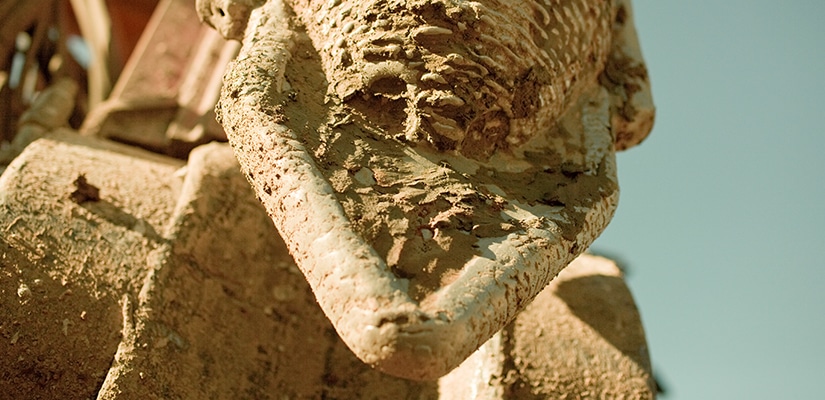General contractors need a good price on bid day from a company that’s well respected in the ground improvement industry. Knowing and understanding the process of ground improvement helps general contractors during all phases of a project — from concept to construction. If you’re negotiating your work on a project, then a basic understanding of ground improvement, specifically aggregate piers, may allow you to provide value-added solutions that the owner or engineer has not considered. If you’re competitively bidding a project that requires aggregate piers, the same basic understanding can help you sort through the aggregate pier bids and know what questions to ask of your bidders. You’ll also be able to tell if the bids are accurate and feel confident when it comes time to choose a ground improvement company.
Read on to learn some crucial aspects of aggregate pier construction that general contractors should know when pursuing projects.

1. Installation techniques
Have a basic understanding of the different types of installation techniques and the equipment that would be used on-site. Know the difference between rammed and vibrated piers. Learn if this is a top-feed or bottom-feed project. See how many pieces of equipment the process requires. These elements are project-specific and are ultimately determined by the specialty contractor, but knowing them will help you in planning and managing the project.
2. Spoil quantities and removal
Learn how much spoil is generated during the aggregate pier construction and who is responsible for removing spoils. Some aggregate pier contractors have unique rigs that allow them to install the piers without having to pre-drill, if soil conditions allow. When possible, this technique could save a considerable amount of money by reducing or eliminating spoils on a project. Ask your specialty contractors how they plan to create the aggregate pier hole. If spoils are anticipated, make sure to plan accordingly for spoil removal.
3. Pre-drilling requirements
Learn whether or not your specialty contractor plans to pre-drill the aggregate piers. Some contractors may approach the project assuming that they could install the aggregate piers without having to pre-drill, resulting in a lower price on bid day. However, if they ultimately decide they need to pre-drill once on-site, they may come back to you and ask for more money. Address this question when reviewing the bids and get comfortable with the approach that the specialty contractor plans to take, assessing their track record for sticking to their plan.
4. Temporary casing requirements
Some aggregate pier installers are not well equipped to complete installation in unstable soils and need to use temporary casing to keep the hole open during installation. This expense can sometimes be “buried” in a bid. General contractors should educate themselves on the application of temporary casing, know whether it’s included or excluded in the installer’s bid, and understand what it will cost if it has to be implemented on a project.
5. Communication and collaboration
Develop a level of comfort with your specialty contractor for aggregate pier design and installation. A good geotechnical contractor communicates openly with general contractors and other project team members, so everyone looks good to the owner and the seeds for a successful project are planted.
Reviewing bids
When reviewing bids for aggregate pier work, general contractors will naturally consider price but should also consider reputation. It’s usually instinct to go with the lowest price, but if the lowest bidder has a poor reputation, it’s worth considering other companies. Review the bid proposals closely and ask questions if you have any. Ground improvement is an extremely important part of any construction process, and you need to work with a partner you trust.
The complete guide to ground improvement
This article is an excerpt from our white paper: Desktop Guide to Aggregate Pier Ground Improvement. If you have any ground improvement questions, contact us here or call us at 866-421-2460.


